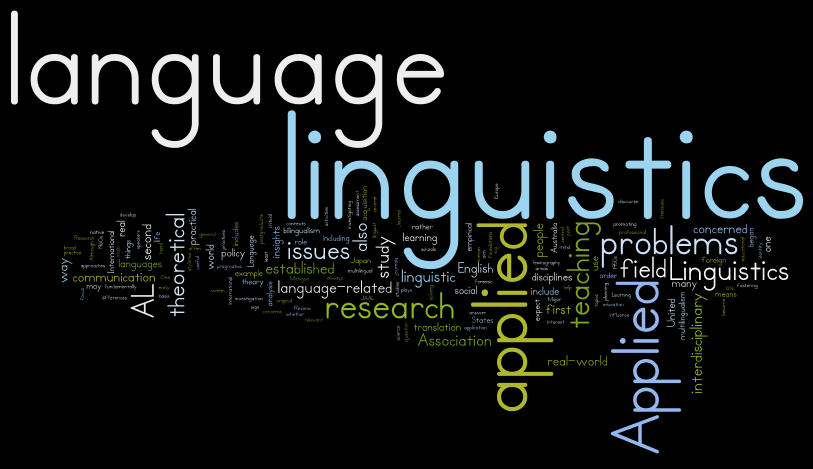Ph.D. in English Language: Introduction, Admission, Registration, Eligibility, Duration, Fees, Syllabus 2024

Introduction:
A Ph.D. in English Language is an advanced academic program that delves into the depths of linguistic theory, literature analysis, and the role of English in global communication. It prepares students for a career in academia, research, publishing, and beyond.
Admission Process:
- Application: Submit a detailed application with a statement of purpose, CV, and writing samples.
- Transcripts: Provide transcripts from all post-secondary institutions attended.
- Letters of Recommendation: Secure strong recommendations from academics familiar with your work.
- Writing Portfolio: Showcase your best scholarly writing, critical essays, or creative work.
- Research Proposal: Some programs require a preliminary research proposal.
- Interviews: Engage in interviews with faculty to discuss your research interests and fit for the program.
Eligibility:
- Master’s Degree: A master’s degree in English, linguistics, or a related field is often required.
- Research Experience: Demonstrable experience with research, such as publications or projects.
- Writing Proficiency: Exceptional skills in writing and critical analysis.
- Academic Record: A strong academic record, particularly in English and related humanities courses.
- Language Proficiency: For non-native speakers, proficiency in English is necessary.
- Statement of Purpose: A clear statement outlining your research interests and goals.
Completion Time:
The typical duration for a Ph.D. in English Language is 4 to 7 years, which includes coursework, qualifying exams, research, and dissertation writing.
Career Opportunities:
- Academic Research and Teaching: Faculty positions at universities and colleges.
- Publishing: Editorial roles in publishing houses or literary journals.
- Linguistic Consulting: Advising organizations on language-related issues.
- Writing and Journalism: Careers in writing, journalism, or content creation.
- Cultural Organizations: Work in libraries, museums, or cultural institutions.
- Corporate Communication: Roles in corporate communication or public relations.
Syllabus:
- Linguistic Theory: Advanced study of syntax, semantics, and phonology.
- Literary Criticism: Exploration of critical theories and their application to literature.
- Historical Linguistics: Study of the development and evolution of the English language.
- Sociolinguistics: Examination of the relationship between language and society.
- Rhetoric and Composition: Techniques for teaching writing and composition.
- World Literatures: Comparative study of English literature in a global context.
Internship Opportunities:
- Publishing Houses: Internships with publishers focusing on literary works.
- Academic Journals: Work with journals on editing and reviewing submissions.
- Cultural Institutions: Engage in projects with libraries or literary organizations.
- Non-Profit Literary Initiatives: Apply linguistic skills to literacy and educational programs.
- Media Outlets: Internships in writing or editing for newspapers or online platforms.
- International Language Programs: Opportunities to teach or research English abroad.
Scholarships and Grants:
- University Fellowships: Financial aid based on merit or research focus.
- Research Grants: Funding for specific linguistic or literary research projects.
- Literary Awards: Competitions and awards for creative or scholarly writing.
- Teaching Assistantships: Teaching undergraduate courses for financial support.
- International Scholarships: Opportunities for study and research in foreign institutions.
- Government Grants: Public funding for research in language and humanities.
FAQs:
Is a background in English or linguistics necessary for a Ph.D. in English Language?
While a background in these fields is beneficial, some programs may accept students with diverse humanities or social sciences backgrounds.
Can I apply with a bachelor’s degree?
Some programs may allow exceptional candidates with a bachelor’s degree to apply directly.
What is the role of a research proposal in the application process?
A research proposal demonstrates your ability to identify and articulate significant research questions in the field of English language.
What kind of research topics are available in English Language?
Topics can range from language acquisition to discourse analysis and the role of English in global contexts.
Are there collaborative opportunities during a Ph.D. in English Language?
Yes, many programs encourage collaboration with other disciplines such as history, anthropology, or education.
What are the career prospects for Ph.D. graduates in English Language?
Graduates can pursue careers in academia, publishing, cultural institutions, corporate communication, and more.




